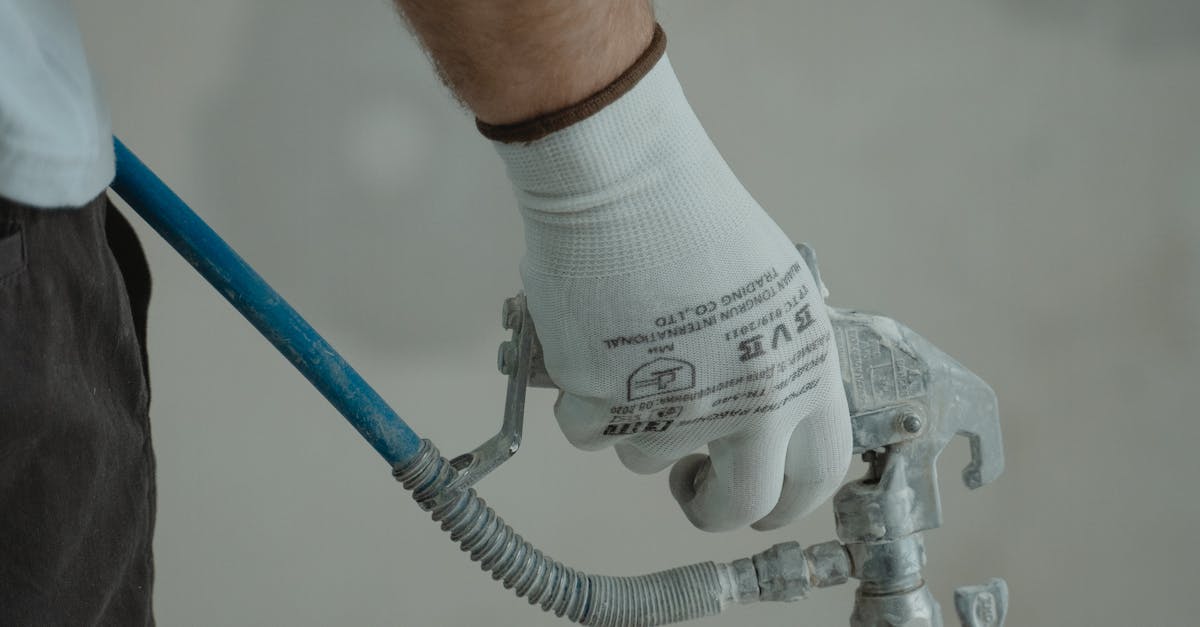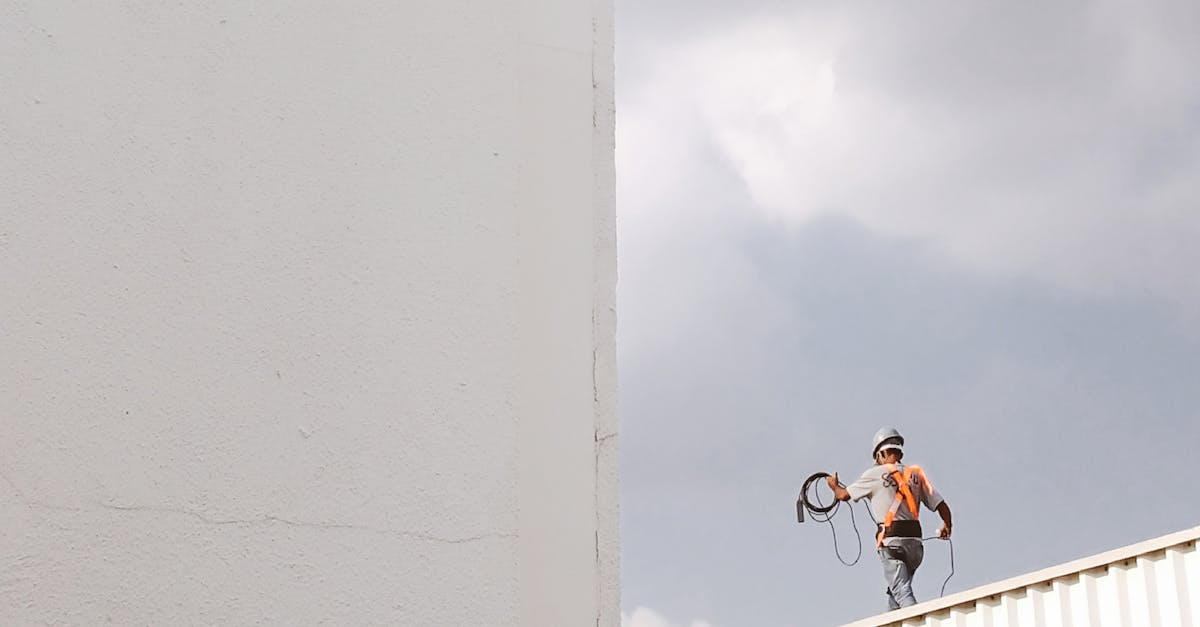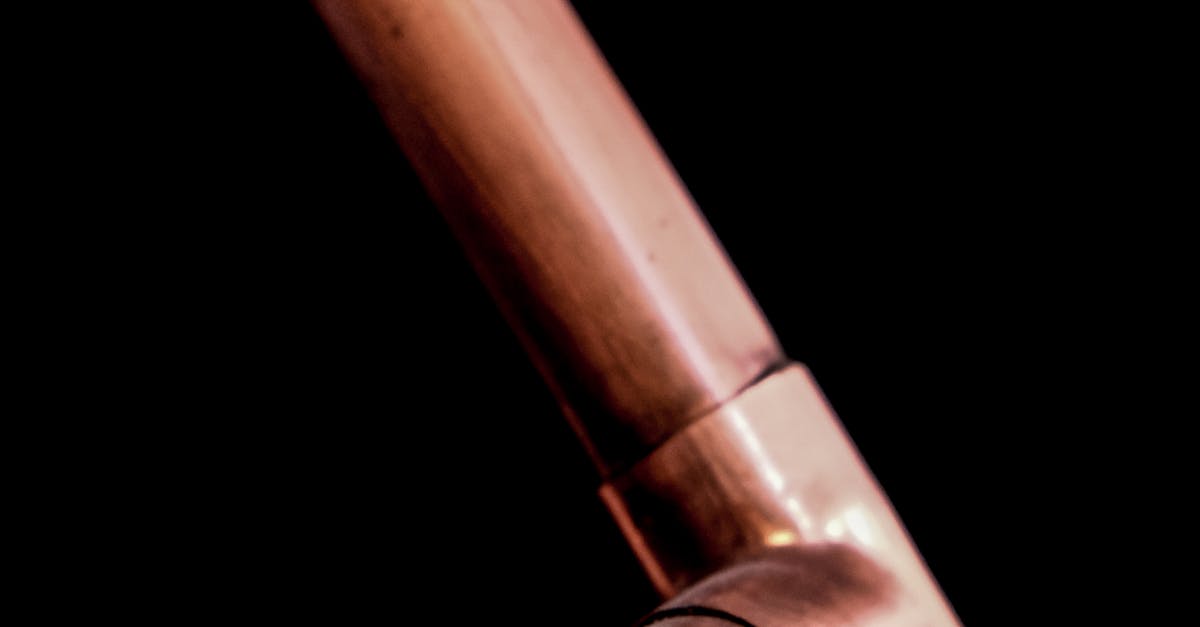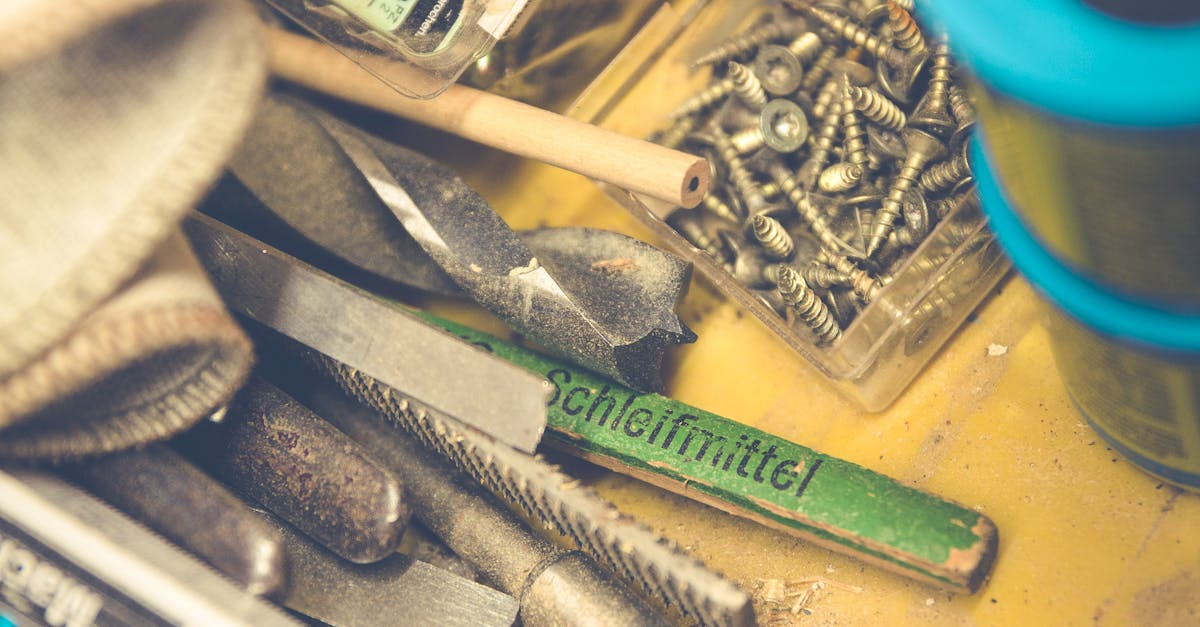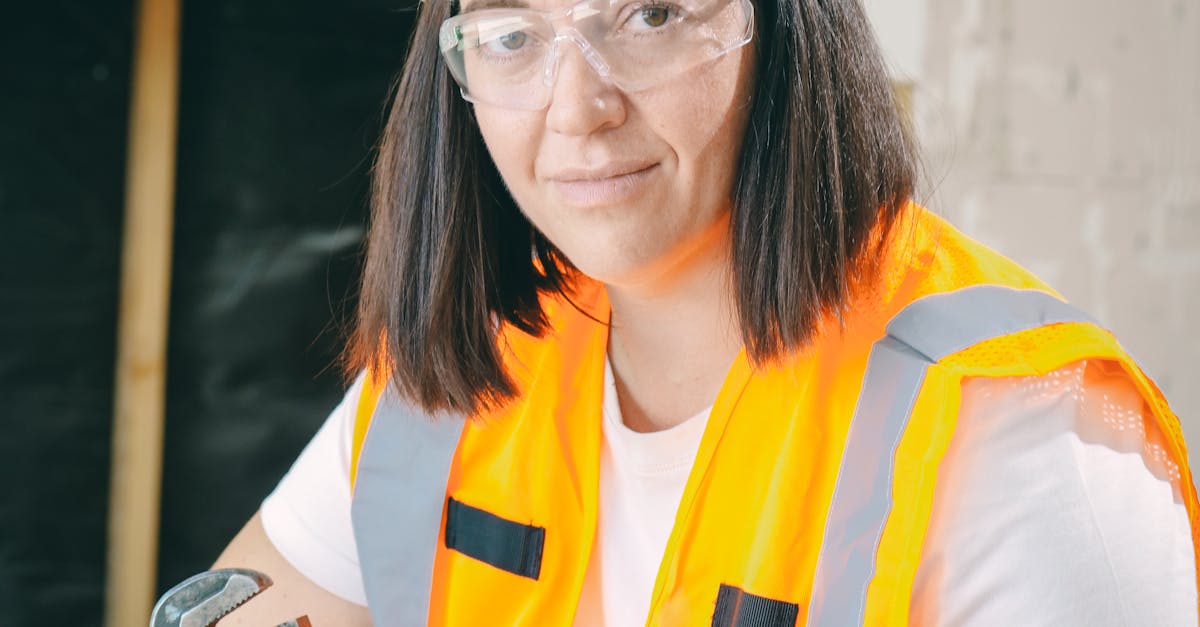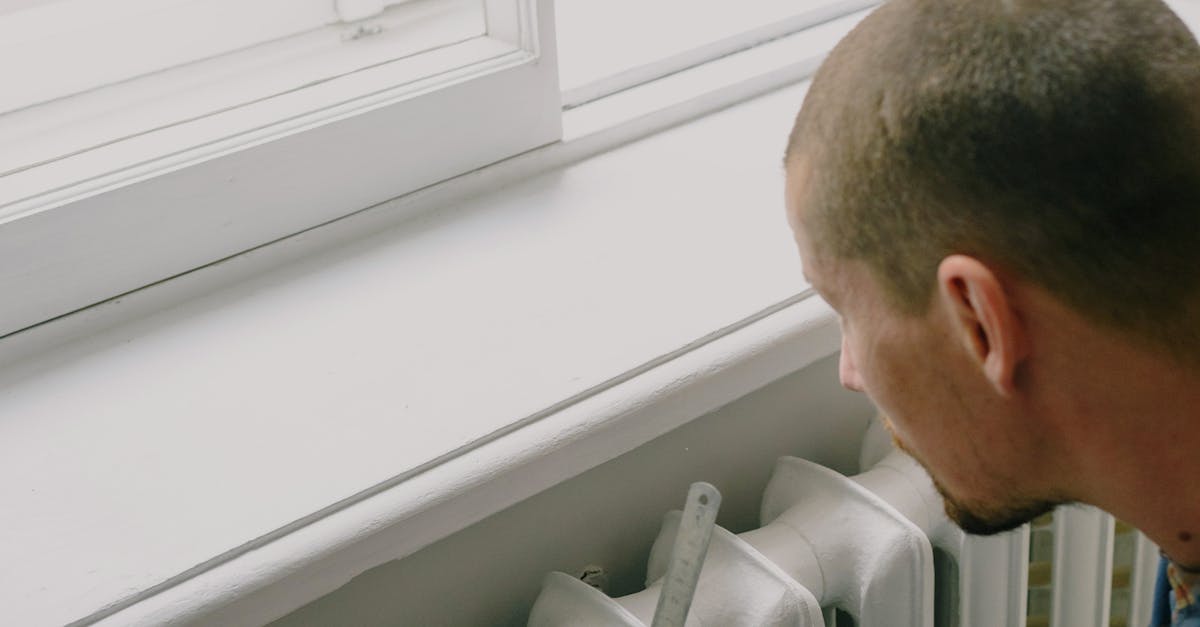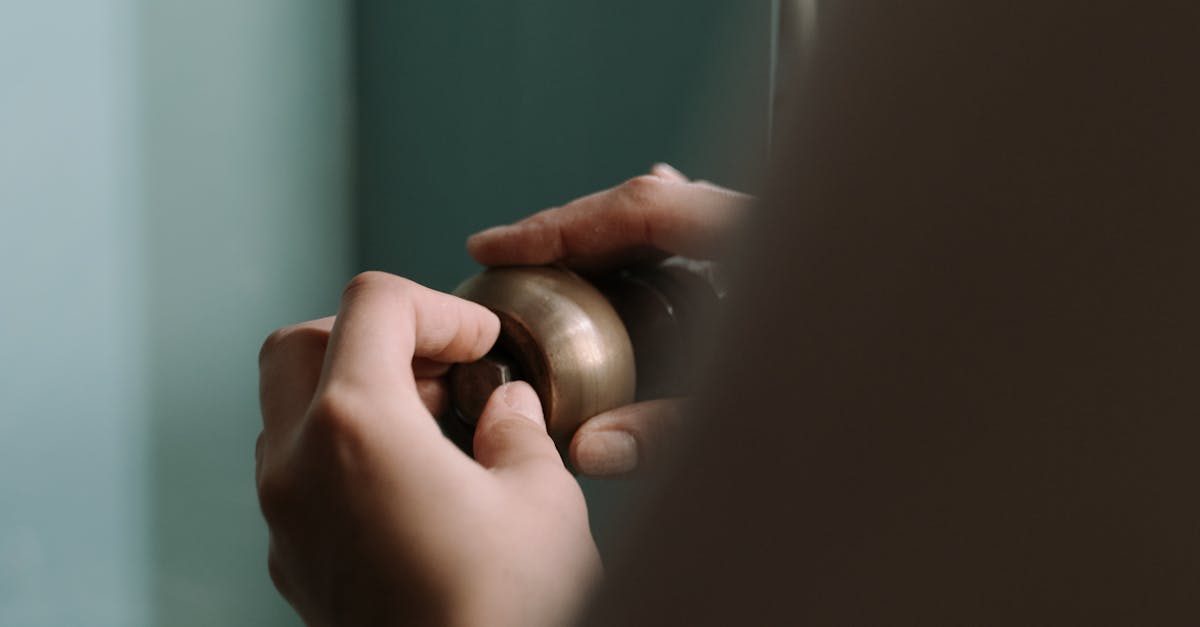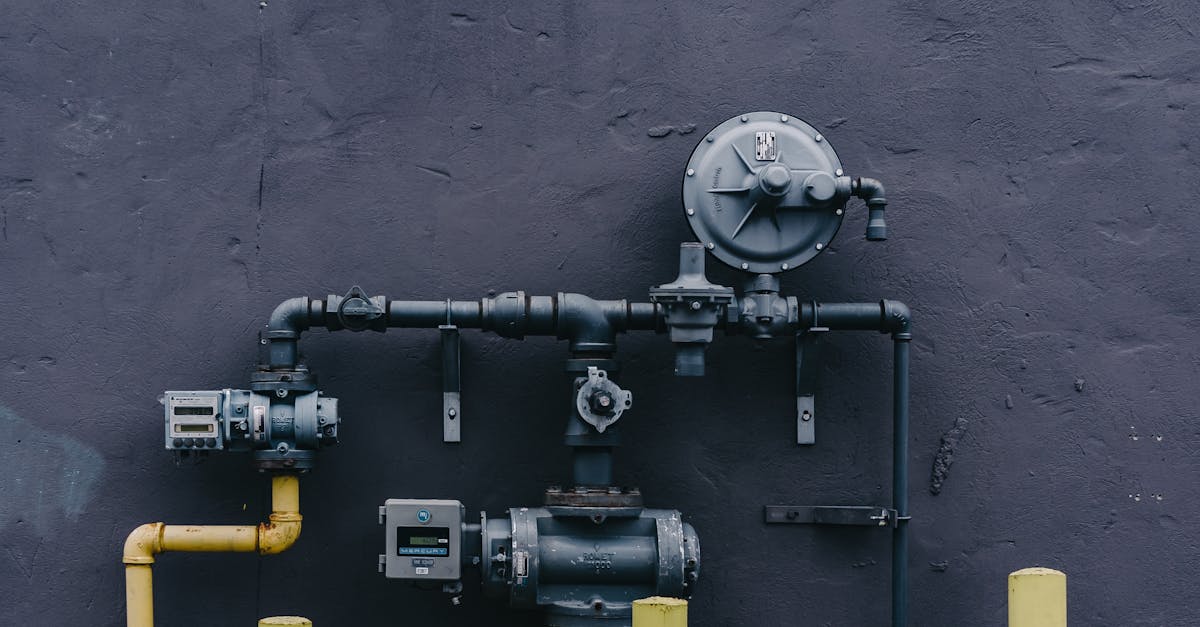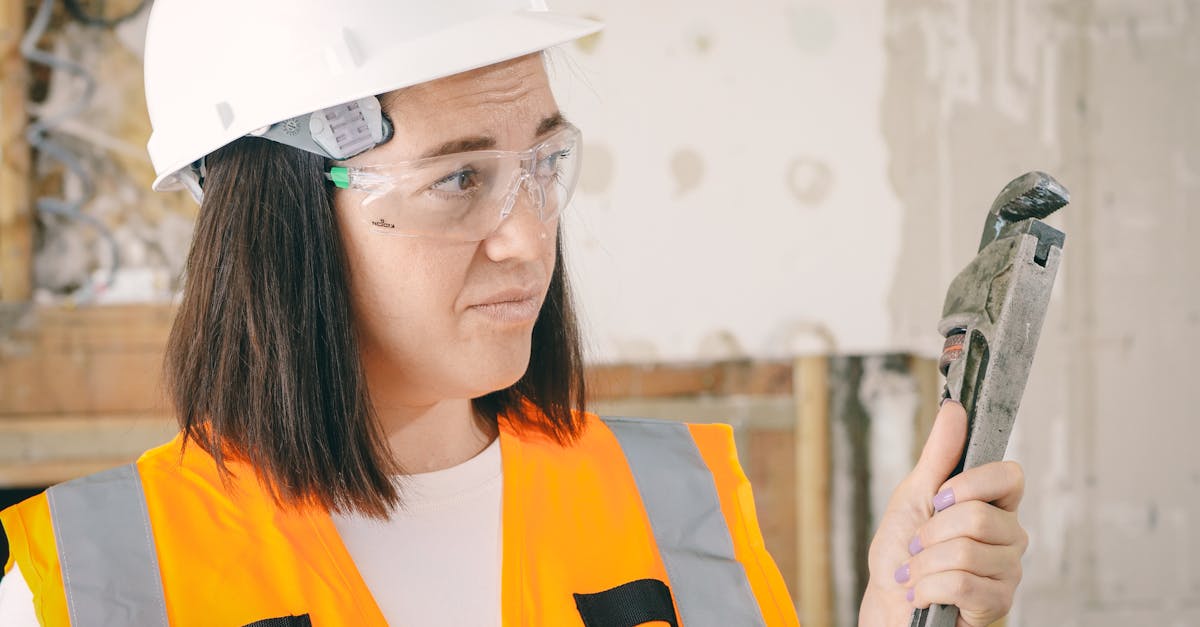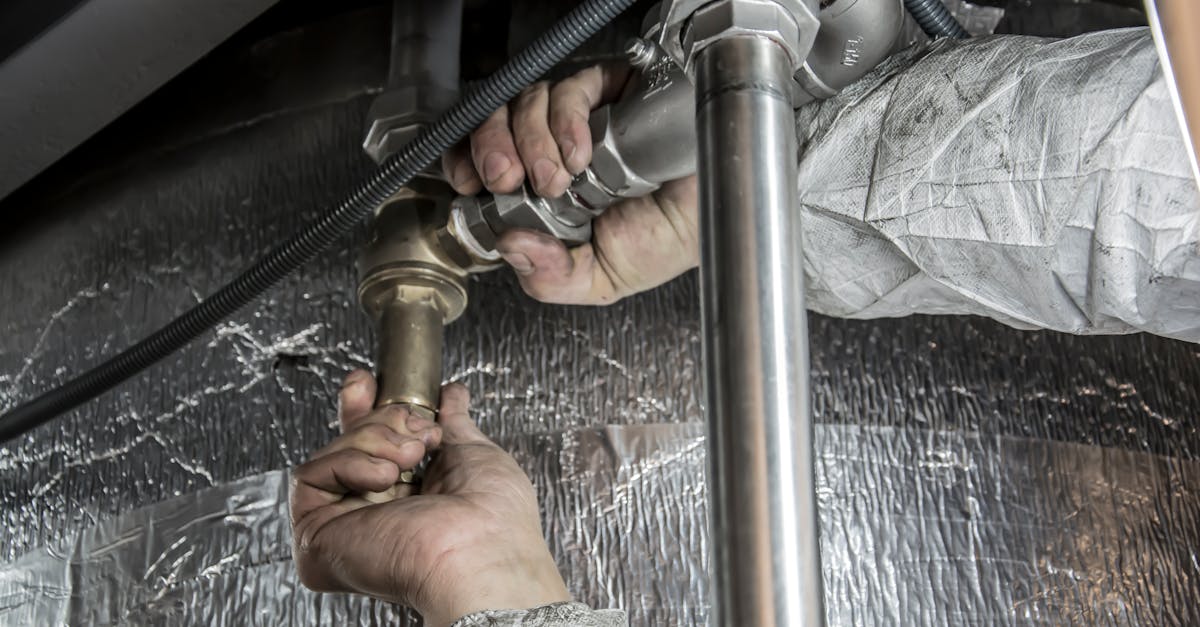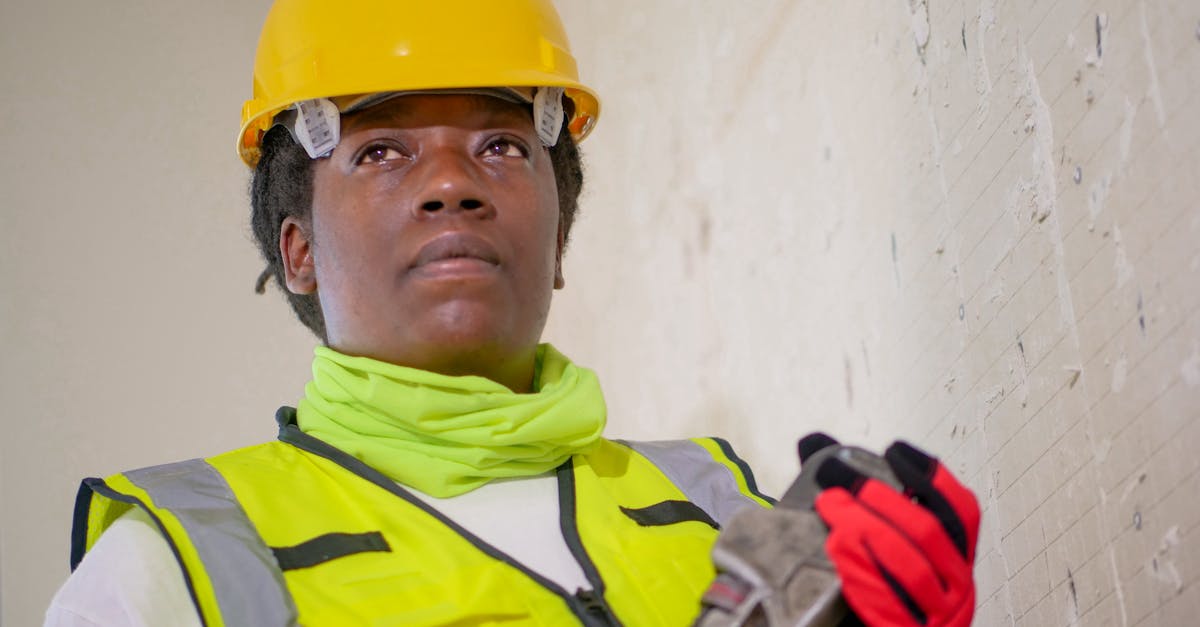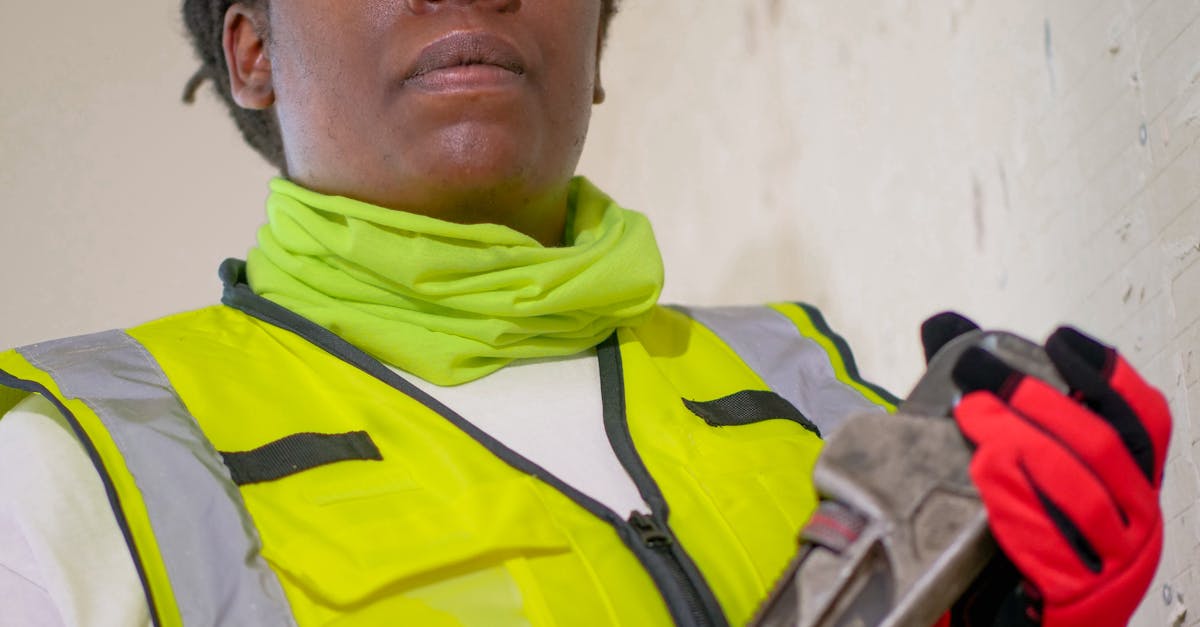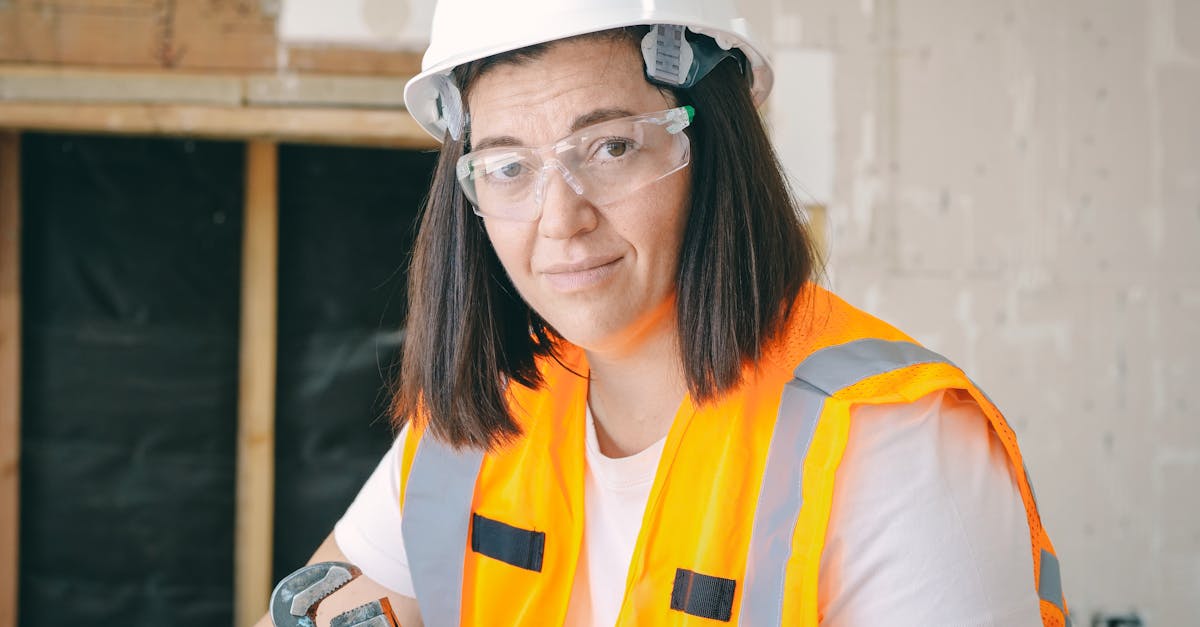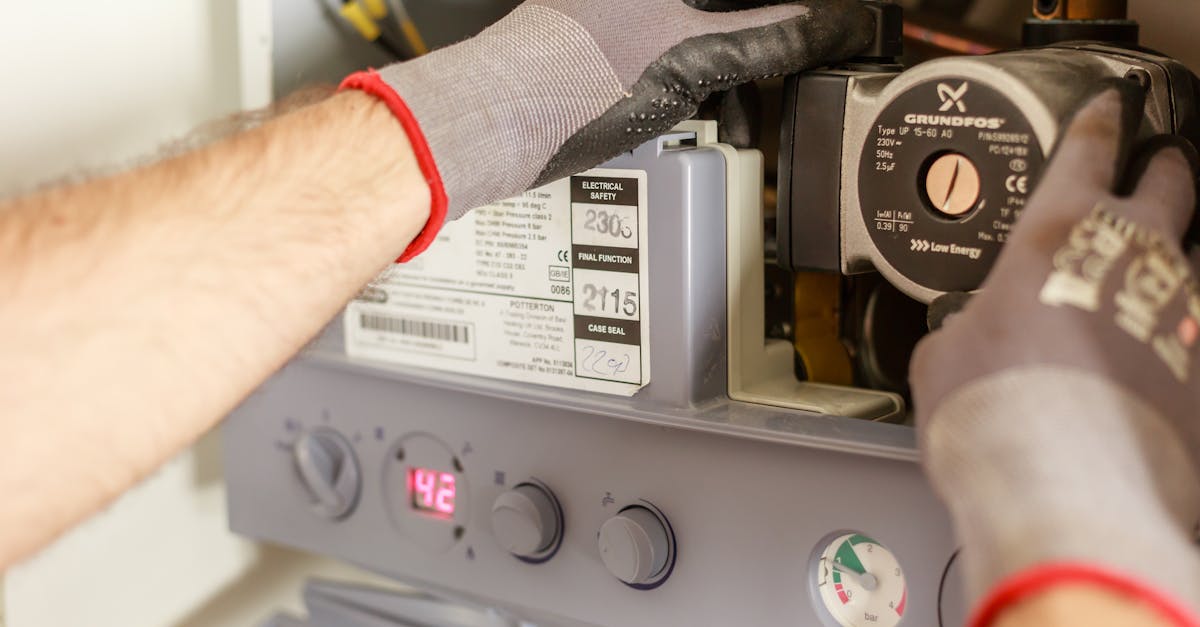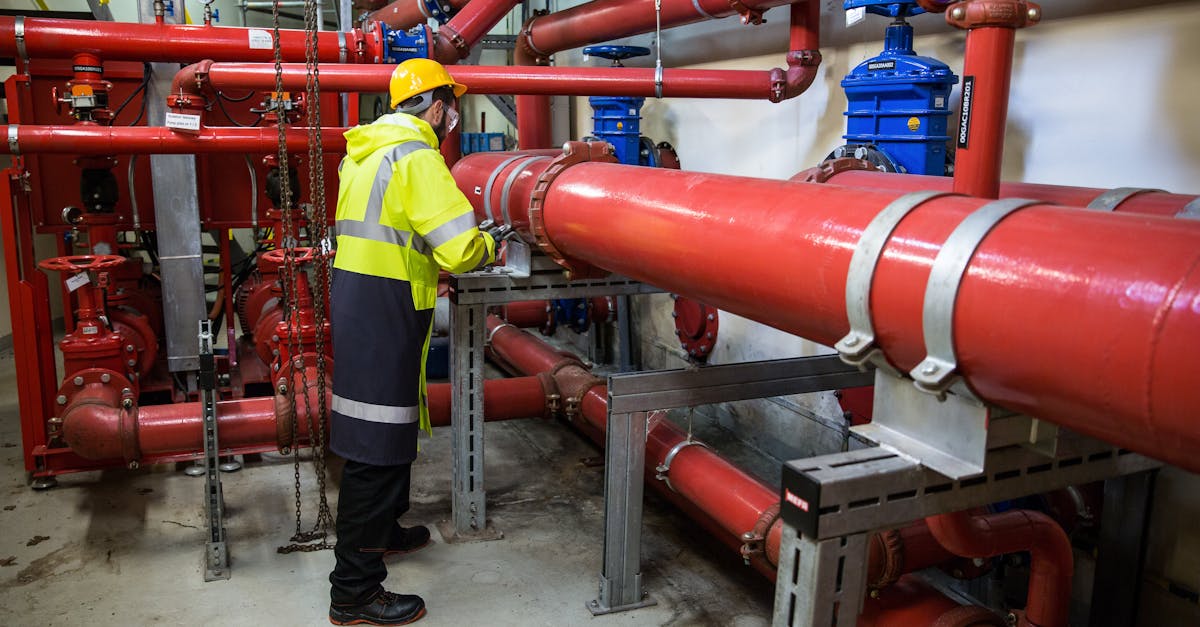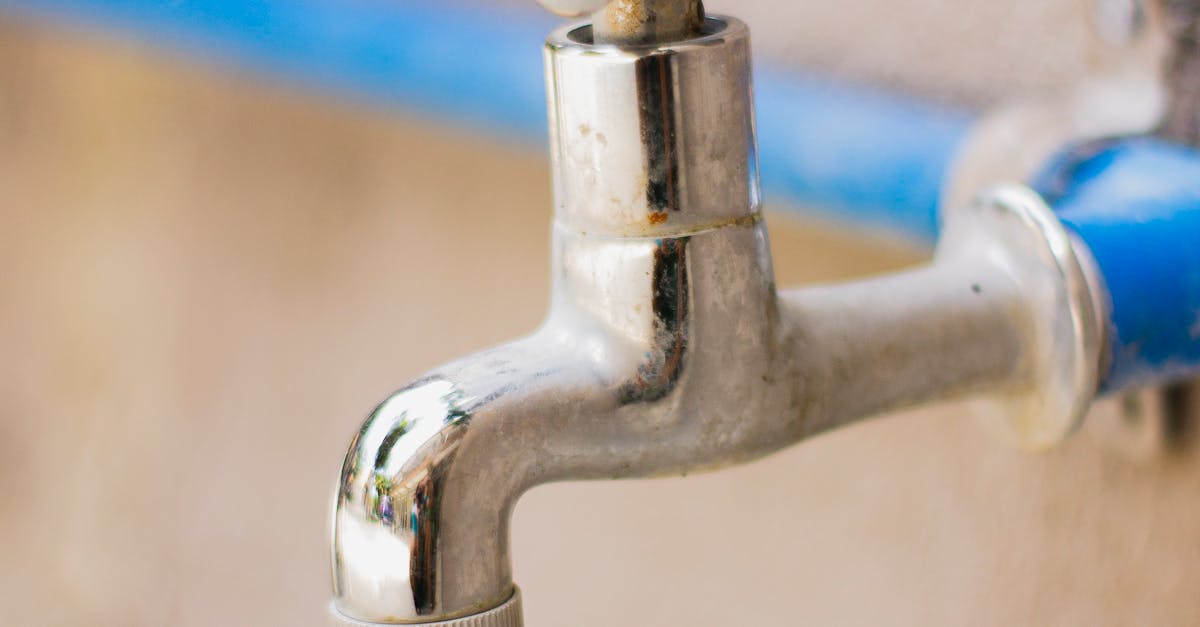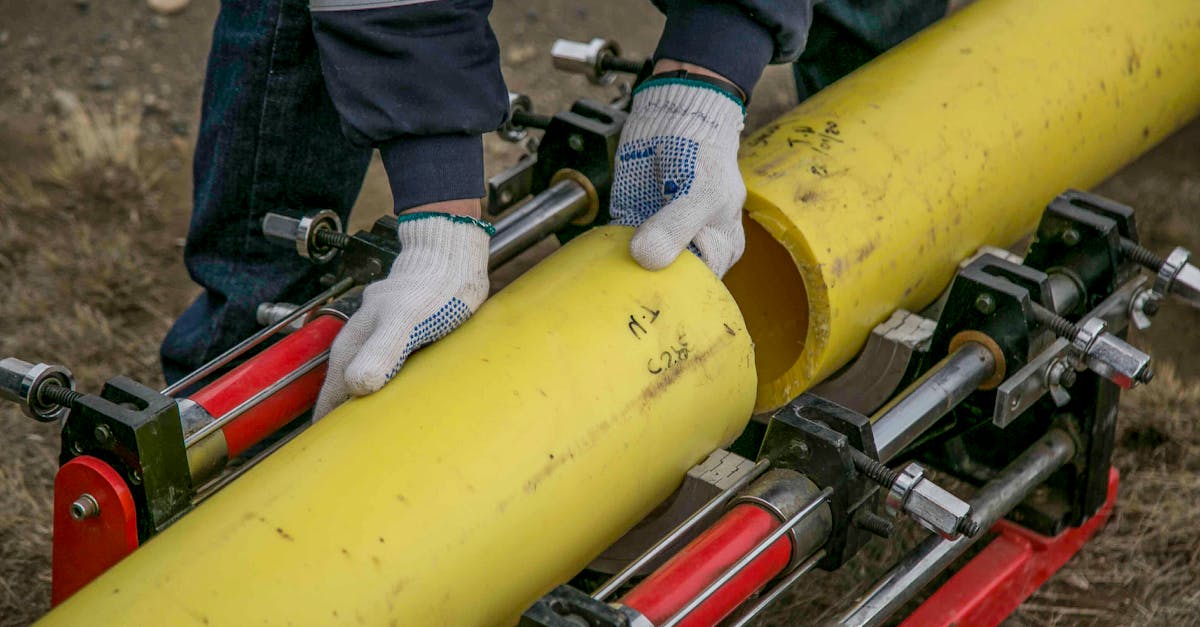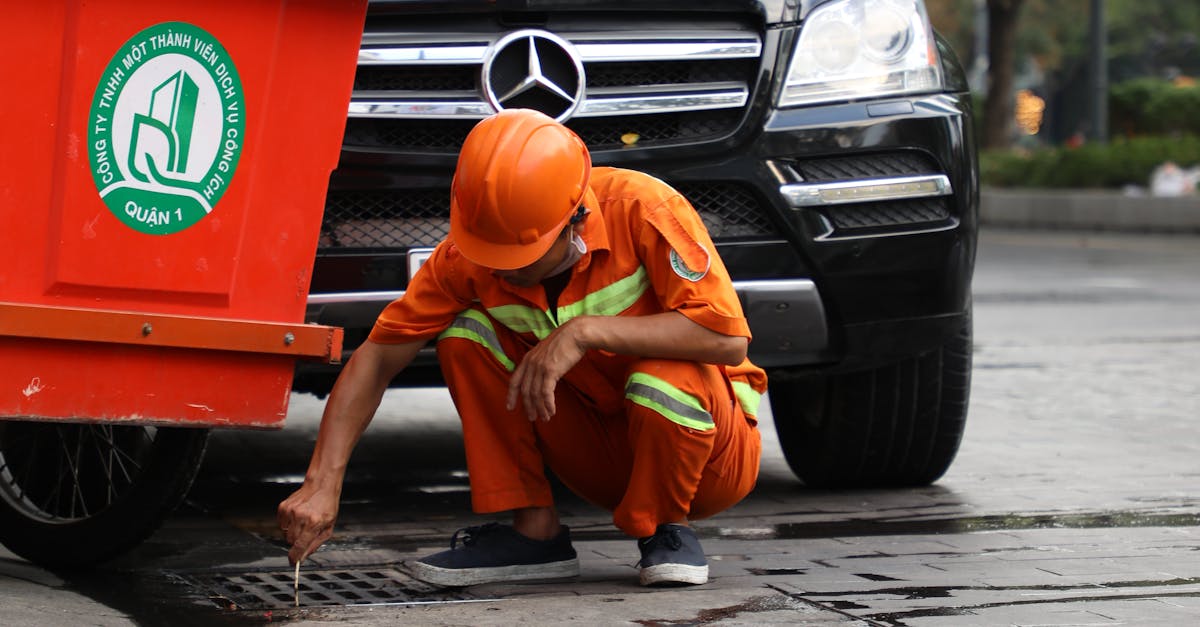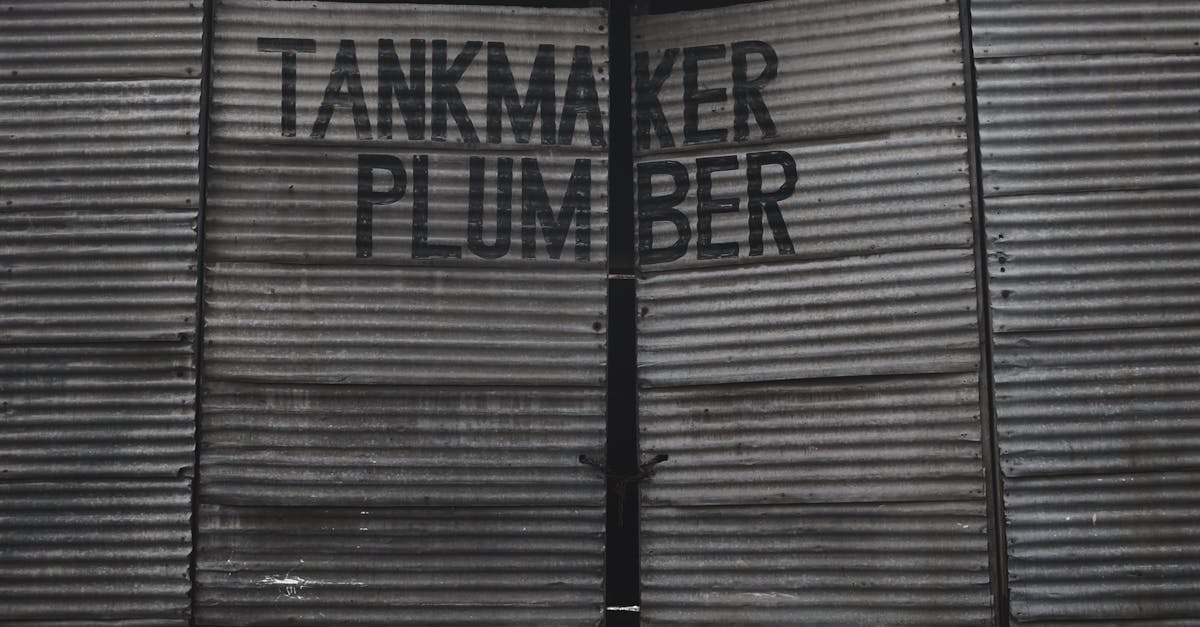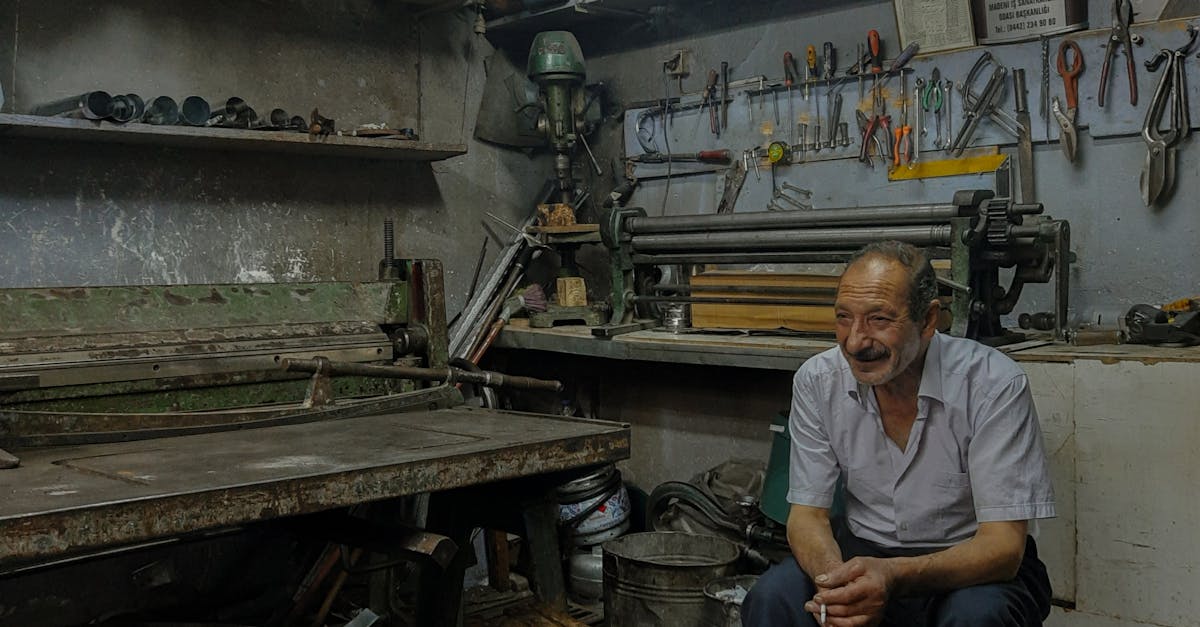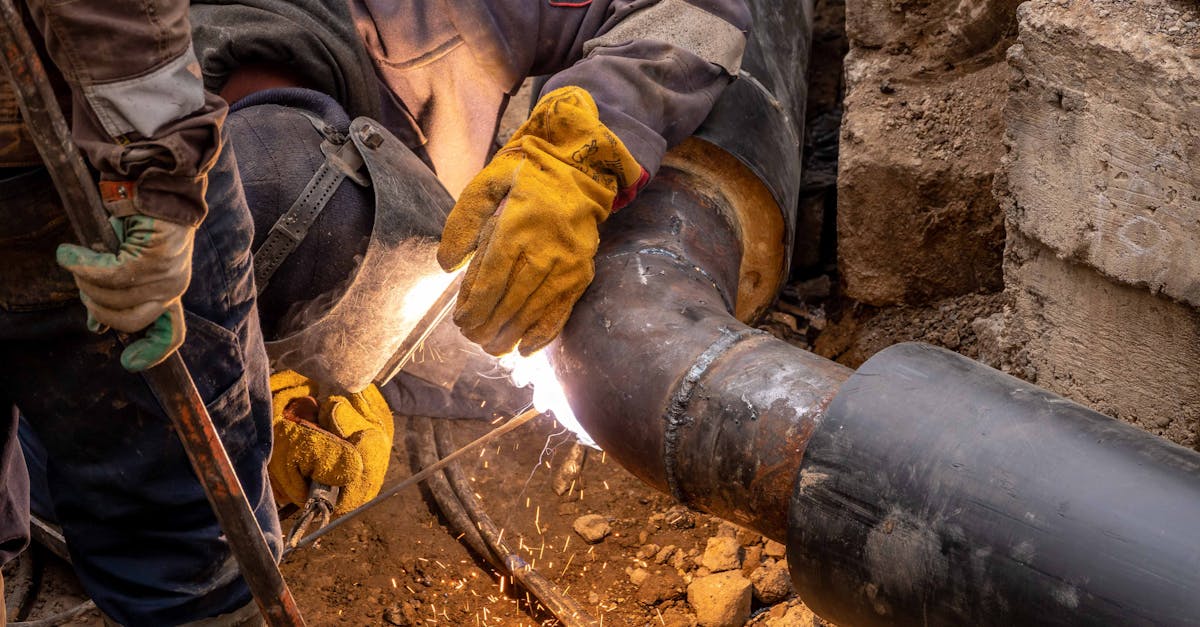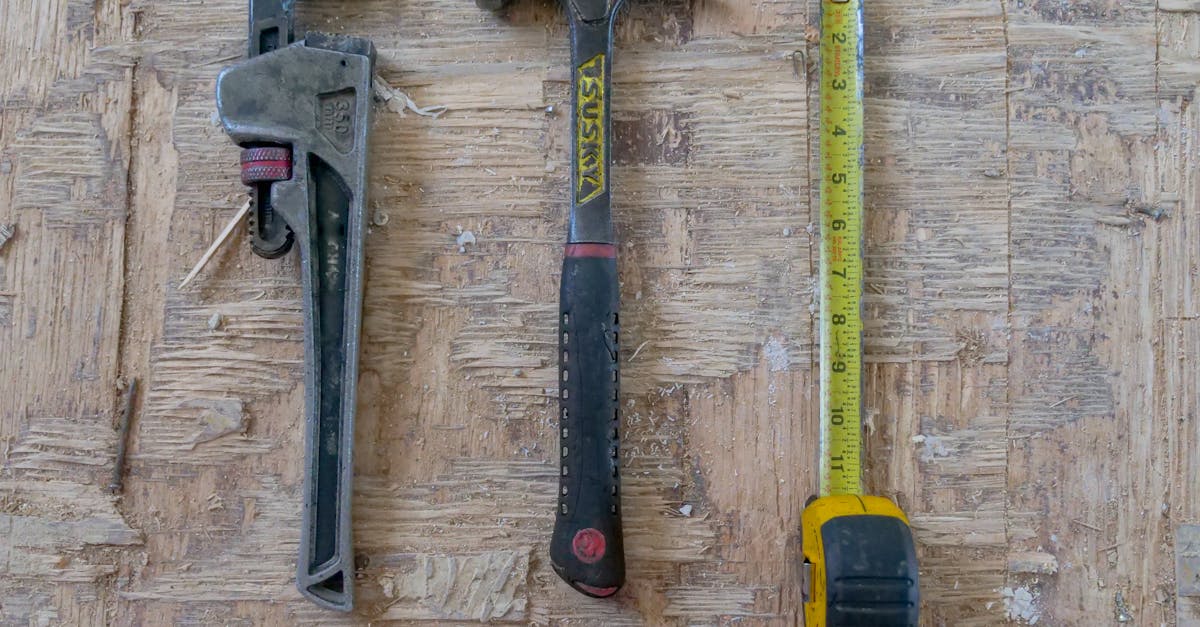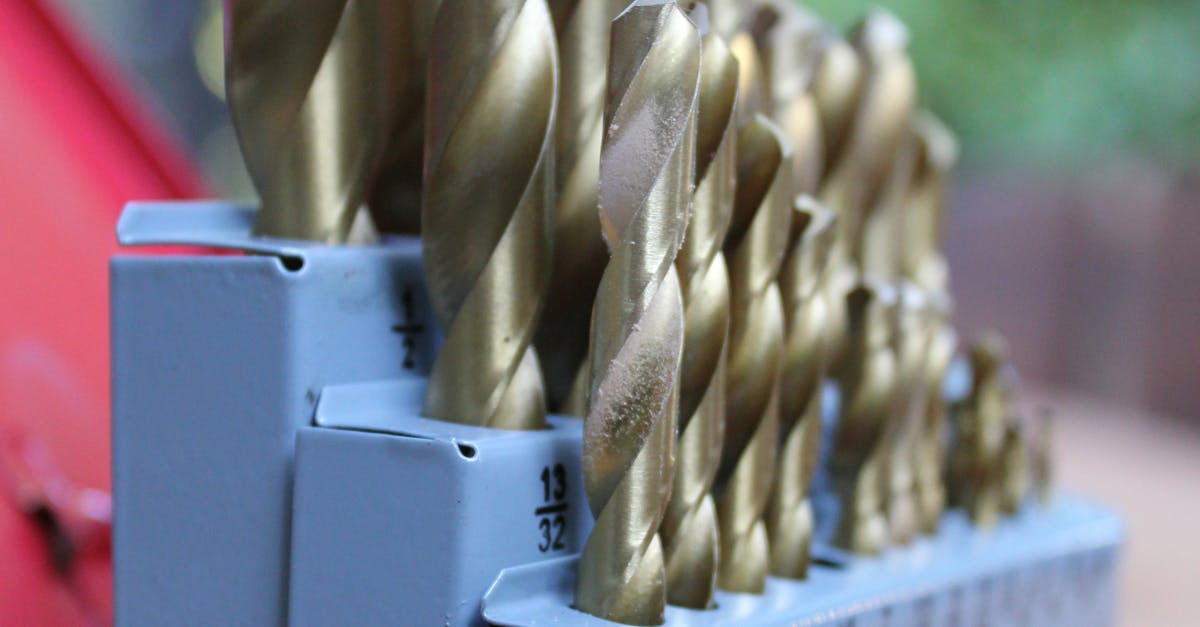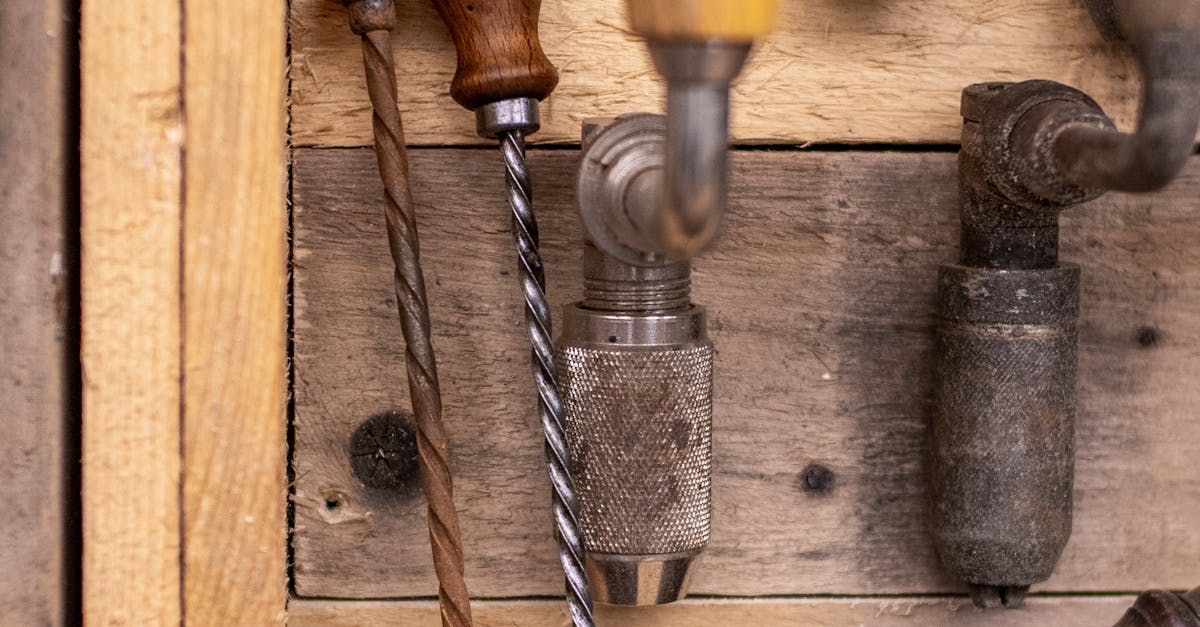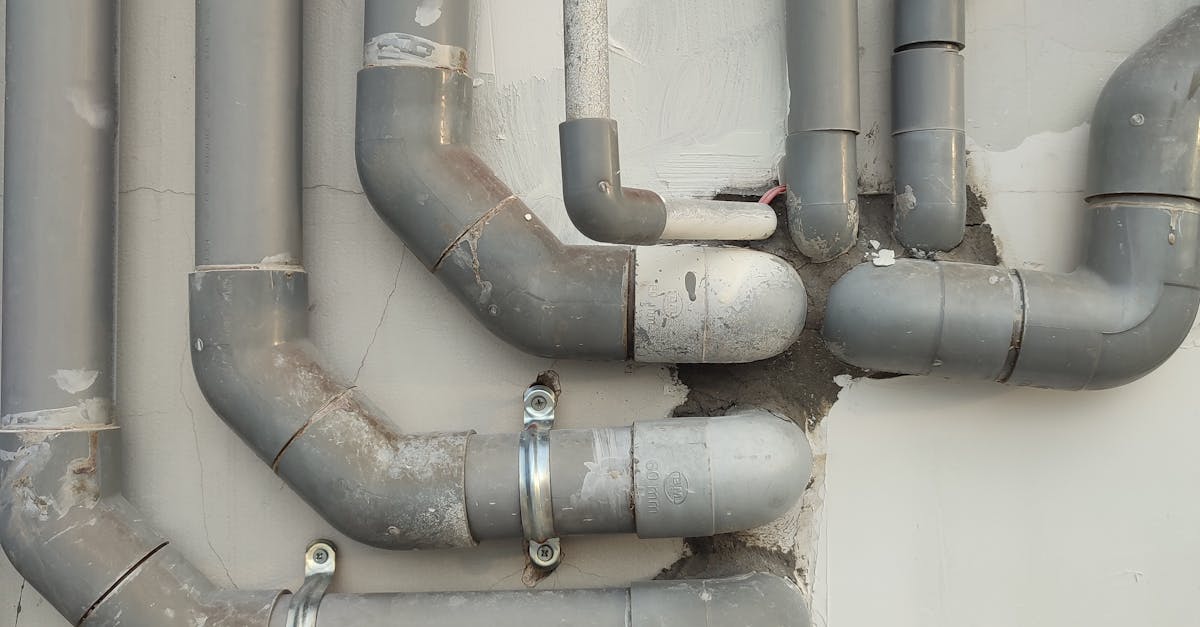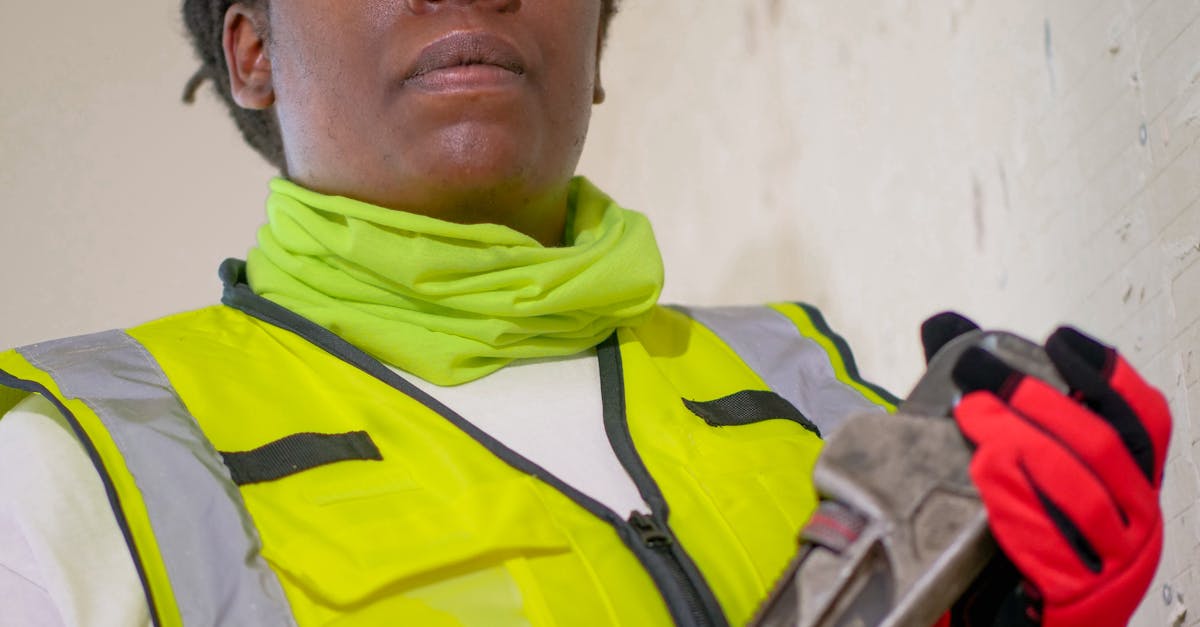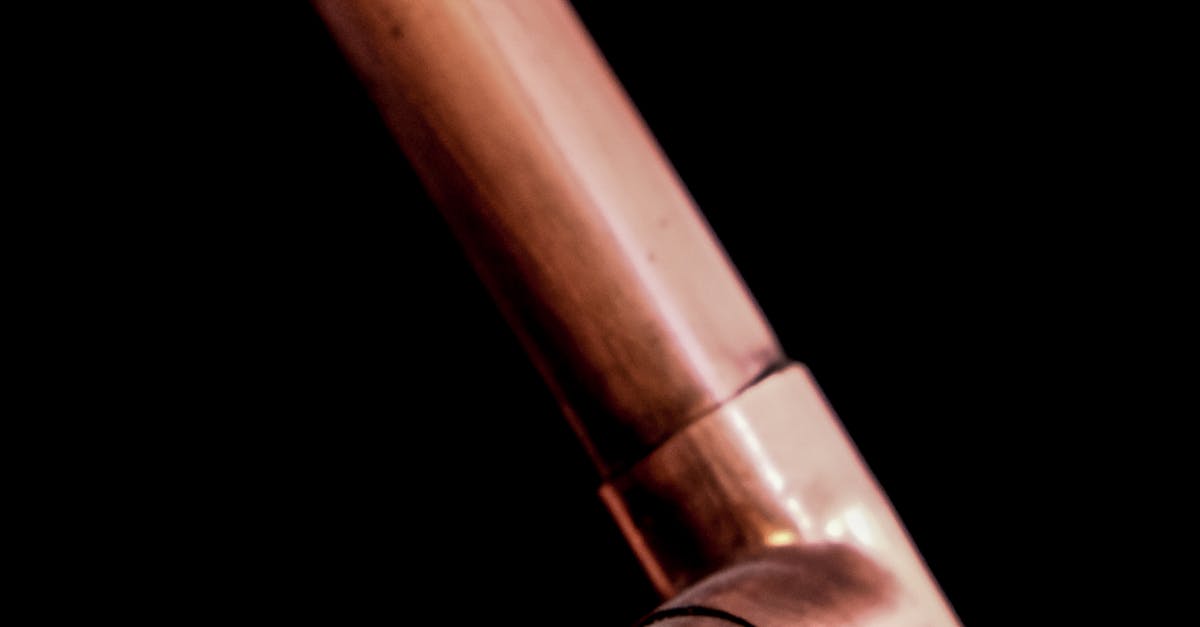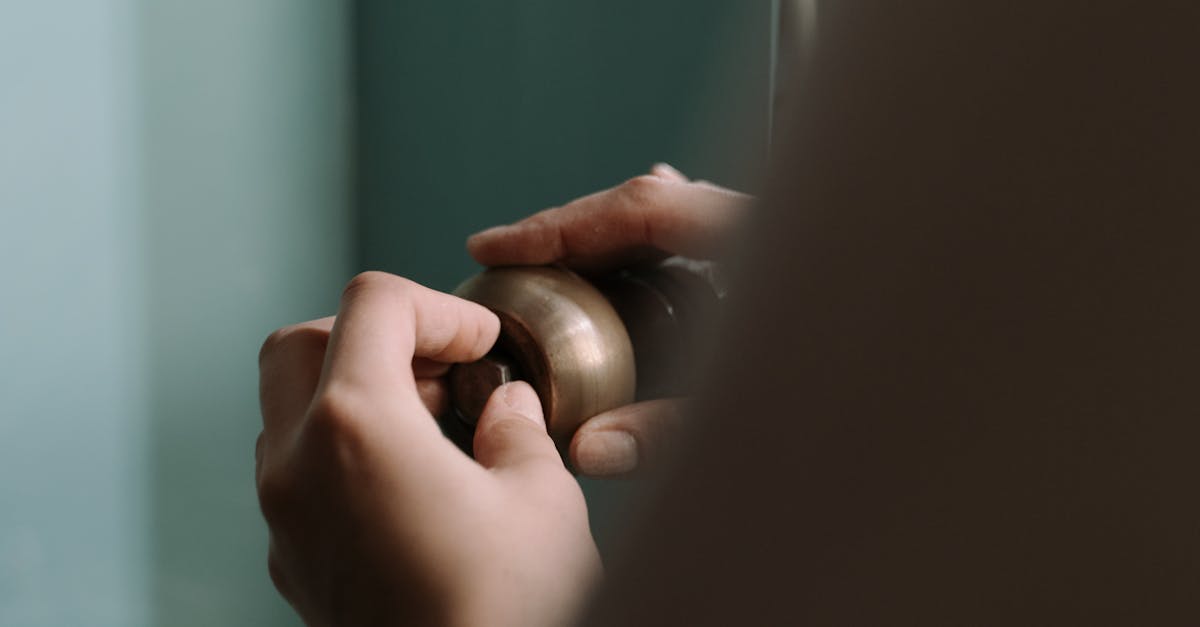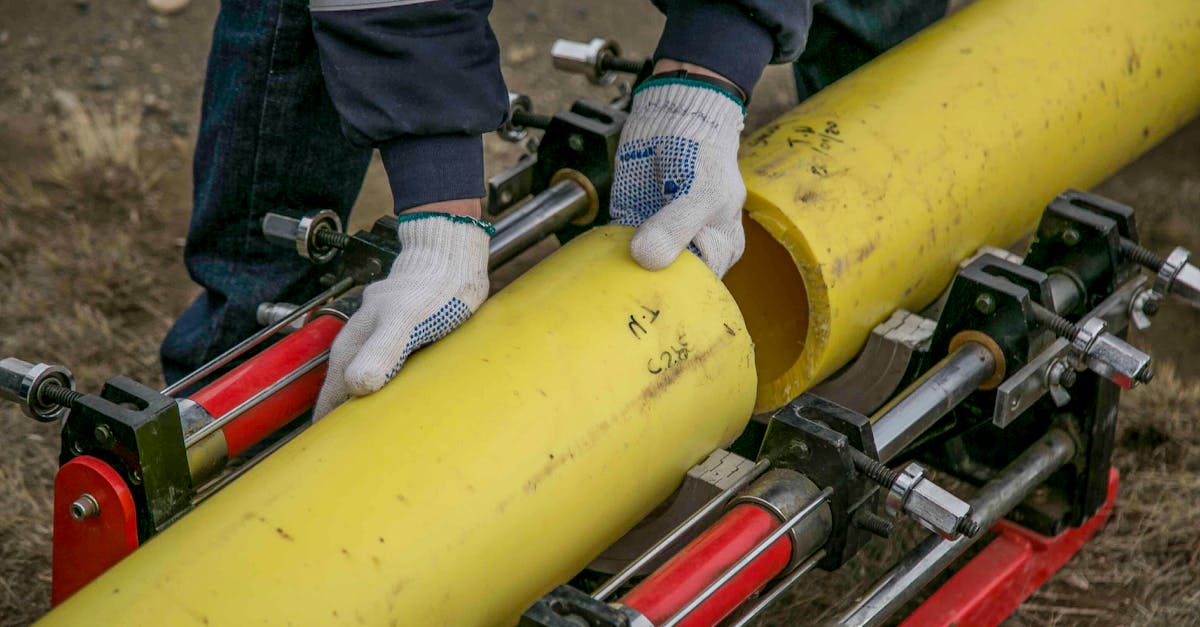
Table Of Contents
Energy Efficiency Concerns
Energy efficiency is a significant factor to consider when evaluating the condition of your hot water cylinder. Older systems typically consume more energy, leading to a marked increase in utility costs. As these units age, their insulation may deteriorate, allowing heat to escape. An inefficient water heater can impact your overall energy consumption, contributing to higher bills and a larger carbon footprint.
If you find that your energy bills keep climbing, it may be time to assess whether your hot water system needs attention. Regular maintenance and timely hot water system repairs can improve efficiency. However, if these measures fail to make a difference, investing in a newer model may ultimately save you money in the long run. Modern hot water systems are designed with energy efficiency in mind, reducing operational costs while providing reliable service.
Rising Energy Bills
A noticeable increase in energy bills can be a strong indicator that your hot water cylinder is losing efficiency. Older units often struggle to maintain optimal performance, leading to higher energy consumption. If you've recently experienced a sharp rise in your utility expenses, it may be time to assess your system's condition. Regular maintenance can help, but issues may persist even after hot water system repairs.
In some cases, inefficient hot water cylinders can lead to excessive wear on heating elements and insulation. While repairing minor problems can improve performance temporarily, an outdated unit may simply not be capable of meeting current energy standards. Investing in a modern system designed for efficiency could significantly reduce your energy bills and enhance overall comfort in your home.
Corrosion and Rust
Corrosion and rust can be significant indicators that your hot water cylinder is in trouble. When the protective lining of the tank deteriorates, it exposes the metal to moisture and oxygen, leading to the formation of rust. This deterioration can manifest as leaks or reduced efficiency in your hot water system. If left untreated, rust can result in extensive damage, making it essential to conduct regular inspections.
Visual inspection techniques can help identify early signs of corrosion. Look for any discoloration or staining around the fittings and tank, indicating potential leaks. If you notice rust on the exterior or a metallic taste in the water, it's time to consider hot water system repairs. Acting promptly can prevent costly replacements and ensure your hot water system operates efficiently.
Visual Inspection Techniques
Inspecting your hot water cylinder visually can reveal significant clues about its condition. Look for any signs of leaks, especially around the fittings and connections. A damp area at the base of the unit may indicate a slow leak. Additionally, check for any unusual corrosion or rust on the surface of the cylinder. These issues suggest that the unit may be deteriorating and could require more than just routine maintenance. Addressing these problems promptly can prevent the need for extensive hot water system repairs later on.
Another area to focus on is the insulation and piping surrounding the cylinder. Ensure there are no gaps in the insulation that could lead to heat loss, which can contribute to higher energy bills. Cracked or damaged pipes can also signify potential future failures, making it imperative to assess their condition. Regular visual inspections can catch these problems early, reducing the chances of unexpected breakdowns and the necessity for costly hot water system repairs.
New Technology and Upgrades
Investing in modern hot water systems can significantly enhance your home's efficiency and comfort. These upgrades often feature improved insulation, advanced heating elements, and smart technology that allows for better control of your water temperature and usage. The latest systems utilize less energy, translating into cost savings over time. Homeowners benefit not only from reduced energy bills but also from the reliability of newer units that require fewer hot water system repairs.
Additionally, energy-efficient hot water systems may qualify for rebates or incentives offered by utility companies, further offsetting the initial investment costs. These modern solutions can also accommodate larger households by providing faster recovery times and higher capacity. Transitioning to newer technology not only addresses immediate concerns about efficiency and cost but also positions your home for the future with a system that meets evolving demands for hot water with minimal environmental impact.
Benefits of Modern Hot Water Systems
Modern hot water systems offer significant advantages over their older counterparts. These systems are designed with energy efficiency in mind, utilizing advanced technology to reduce heat loss and optimize performance. Homeowners can expect lower energy bills thanks to improved insulation and smart controls that allow for better management of water heating. Additionally, many newer models feature durability enhancements, which can minimize the need for frequent hot water system repairs.
Another benefit is the eco-friendliness of contemporary units. They often use renewable energy sources or integrate with solar heating solutions, contributing to reduced carbon footprints. Many modern hot water systems also come equipped with better safety features, ensuring the protection of your home and family. With the ease of maintenance and access to precise diagnostics, these systems represent a worthwhile investment for those looking to upgrade their hot water supply.
FAQS
How can I tell if my hot water cylinder is leaking?
Look for signs of water pooling around the base of the cylinder or damp spots on the floor. You may also notice decreased water pressure or unusual sounds coming from the unit.
What are the signs of corrosion in a hot water cylinder?
Signs of corrosion include rust stains on the cylinder's exterior, discolored water, and a metallic taste or odor when using hot water.
How often should I inspect my hot water cylinder for issues?
It’s recommended to inspect your hot water cylinder at least once a year. Regular checks can help you identify issues before they escalate.
Will replacing my hot water cylinder improve energy efficiency?
Yes, upgrading to a modern hot water system can significantly improve energy efficiency, leading to lower energy bills and reduced environmental impact.
How long do hot water cylinders typically last?
Most hot water cylinders last between 8 to 12 years, but this can vary based on maintenance, usage, and the quality of the unit. Regular inspections can help extend its lifespan.

